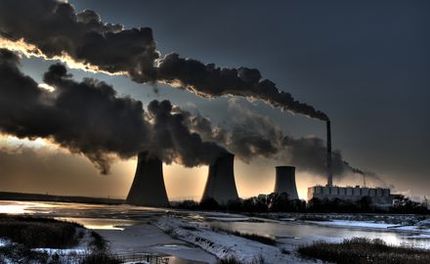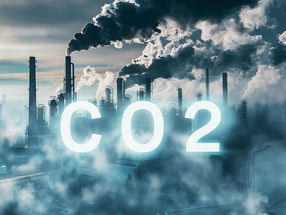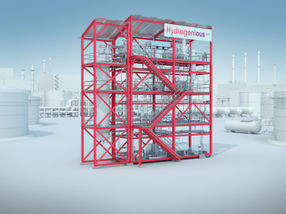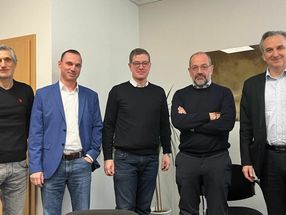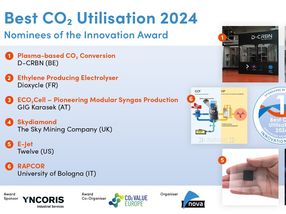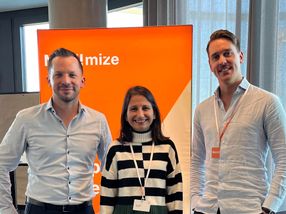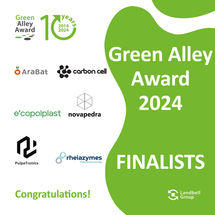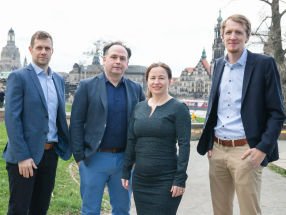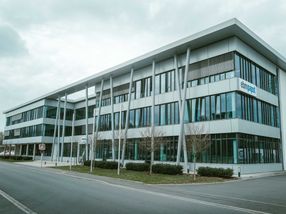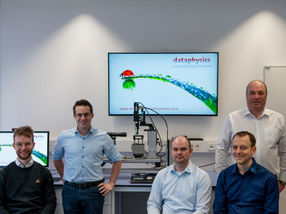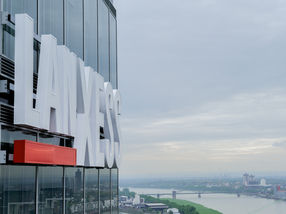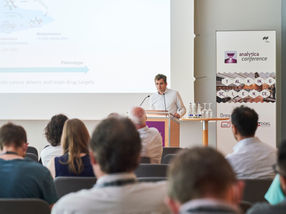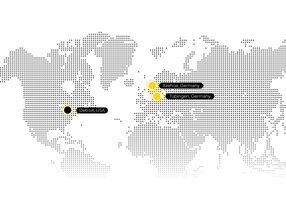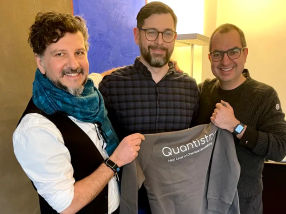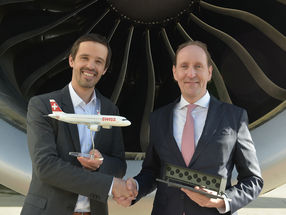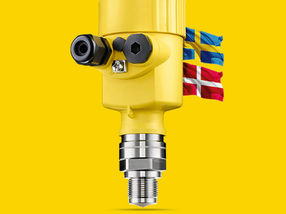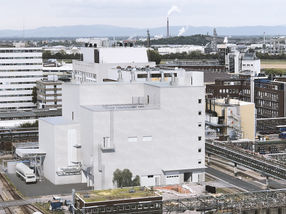New EU initiative to drive growth of Europe’s low carbon industrial base
The EU kicked off a critical new initiative to help revitalise and drive the competitive growth of Europe’s low carbon industrial base. LOCIMAP – the Low Carbon Industrial Manufacturing Parks project – is a response to the growing challenge faced by many European manufacturing businesses which increasingly compete against developed and developing economies benefiting from access to low-cost energy to produce their global goods and services.
Against this backdrop, LOCIMAP will bring together leading manufacturers and parks across the EU, and supported with the best technical and business know-how available, the project will identify the practical paths which Europe can take to grow a revitalised low carbon industrial base. A major objective is to achieve much closer integration in manufacturing complexes so they can operate at increased efficiency both of energy and material use, and with lower emissions.
Industrial parks were developed originally in Europe to make best use of local resources – and they continue to play an important role in wealth creation.. However, depletion of primary energy sources in Europe allied to rising cost and regulatory pressures on all manufacturers, especially energy intensive ones, are increasing the need for businesses to look for new ways of operating. Industrial parks often host such “heavy” industrial operations and need to find new business models if they are to continue to provide their vital economic contribution and to attract new investment. The products of the parks are essential for developing a low carbon economy in Europe – without their contribution none of the sustainable products we need to build a low carbon future can be made. With their original raison d’être, parks possess the technology, skills and the infrastructure to re-invent themselves and provide Europe with a needed competitive boost. This is essential in the face of increasing competition from the lower cost energy base enjoyed by competing regions – the unexpectedly rapid impact of unconventional gas on US energy costs is the most recent example of the changing global scene against which EU industry needs to be able to react.
New approaches and models for integrated parks of the future over the next 10-20 years will come from the project. These will be invaluable to policy makers across the EU as they struggle with practical responses to the global challenges outlined.
At the same time, the industrial parks which are participating in the project will benefit from understanding how they can improve their own situation and learn from the leading example of Kalundborg where business economics have driven the development of a sustainable and low carbon industrial system. This arrangement is even more noteworthy because the local community benefits strongly by accessing the heat and power raised in the industrial activity and taking it for use in domestic situations.
Most read news
Other news from the department business & finance

Get the chemical industry in your inbox
From now on, don't miss a thing: Our newsletter for the chemical industry, analytics, lab technology and process engineering brings you up to date every Tuesday and Thursday. The latest industry news, product highlights and innovations - compact and easy to understand in your inbox. Researched by us so you don't have to.
